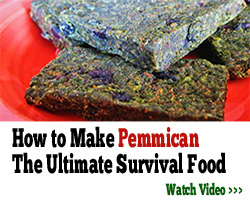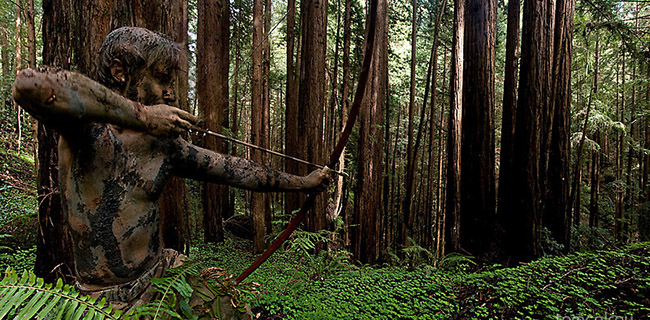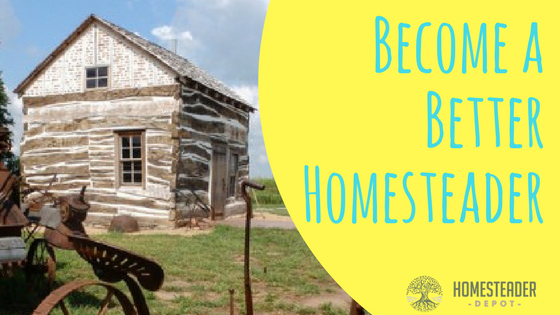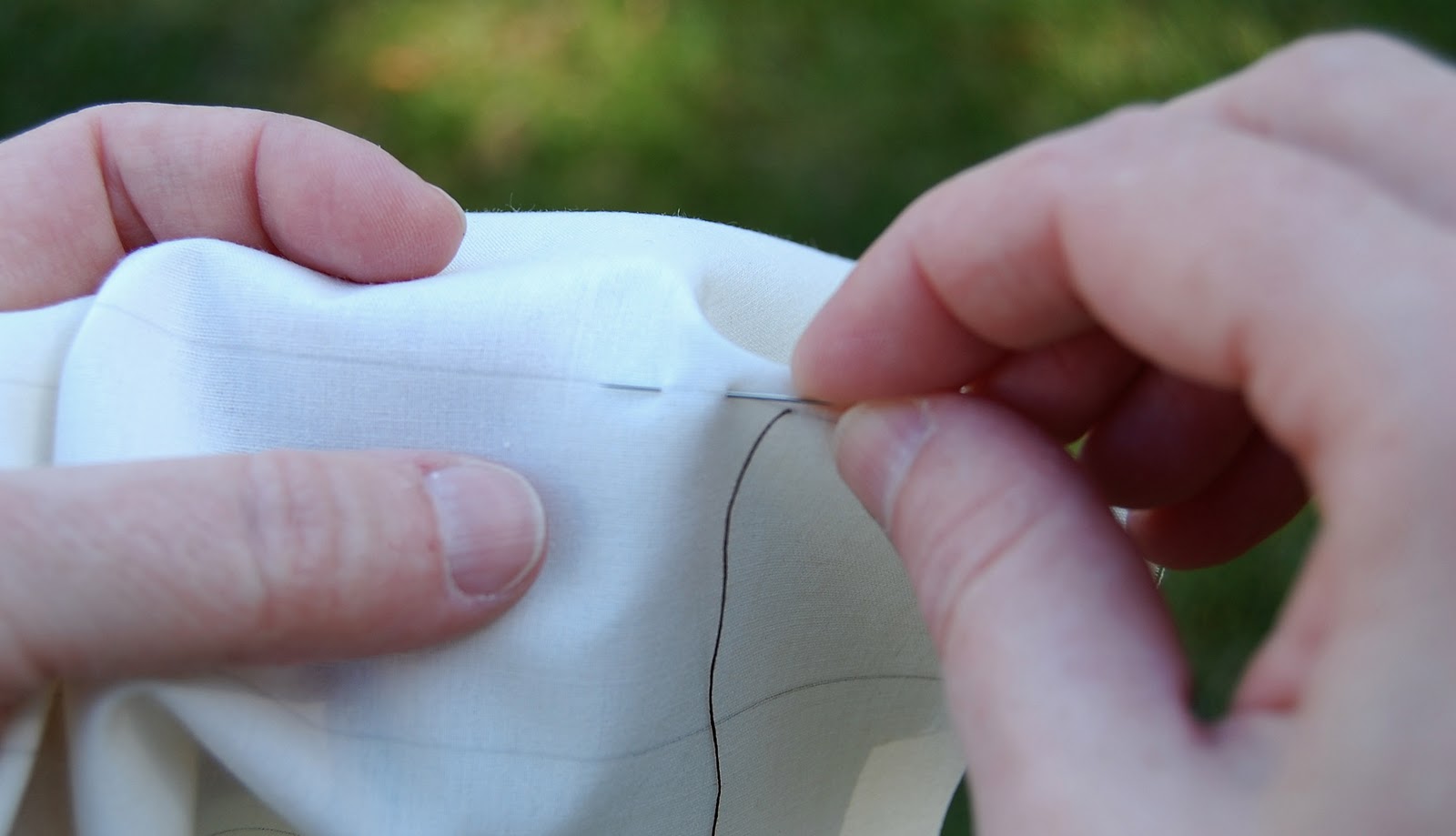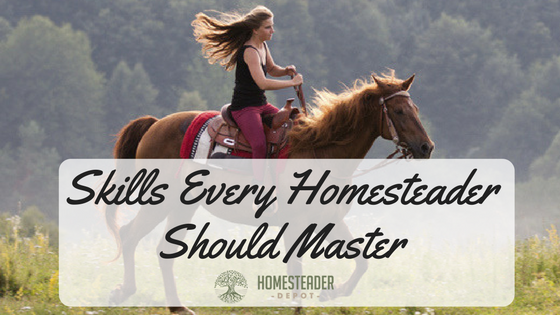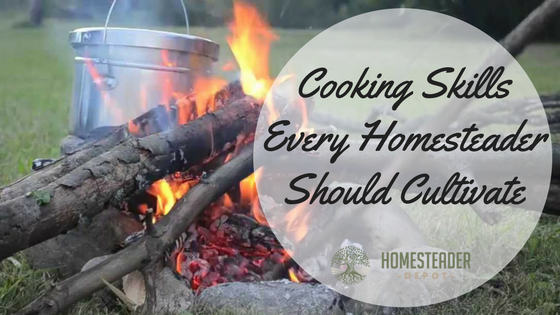
One of the primary reasons many people homestead is to have a closer relationship with the source of their food. You yearn to grow your own vegetables, raise your own meat and dairy, forage, and hunt; essentially, to be independent of the increasingly complicated globalized food system.
These are certainly noble aspirations, and we share them here. Going back to a simpler time, to our roots, is something many of us are striving for in this modern world. Only a few generations ago, many people lived much more self-reliant and independent lives, and with the precarious situation our whole planet seems to be in so many ways, it’s very tempting, and quite prudent, to try to return to these traditions.
There is, however, much more to going back to our roots than simply gardening and raising livestock. As we explained in a recent post on reading antique cookbooks, cooking was very different a century ago and much more centered around the kind of food systems many homesteaders desire to return to.
If you want to be more independent, there are a number of cooking skills that can help. Whether you are homesteading out in the country or simply trying to live a more wholesome life in the suburbs or a city, these are skills that are invaluable to cultivate and can have a great positive influence on your cooking and health.
1. Cooking over an open fire
This is bare bones basic cooking, and everyone should (but most likely won’t) know how to do this. If you ever go camping or have bonfires, you should be working on cooking over an open fire. There are many methods of how to do this, and yes, bar-b-que (sort of) counts. The thing is, we just get so used to our gas or electric ranges we never learn the art of controlling the heat ourselves, other than turning a knob, and this takes a huge aspect of cooking out of the equation. If you work on only one basic cooking skill, this should be it.
2. Cooking in a wood oven
This is very similar to cooking over an open fire in that we have become spoiled by modern ranges and can greatly benefit from learning this art. Wood ovens are great staples to have on a homestead anyway, for many reasons, and odds are if you plan to go off-grid or are caught in a grid-down situation, you might need to rely on a wood stove and oven to prepare your food.
3. Butcher whole animals
This is a big one, especially if you want to raise your own meat. If you live in a community, you probably have a butcher you can bring your animals to once you’ve slaughtered them, and this is definitely a great resource to have. The thing is, as great as it is to support your local butcher and we’d highly encourage you to keep him in business, you should also be learning to do it yourself when you can. Because let’s be real: it’s not entirely self-reliant if you have to rely on someone else to do the really hard part.
Try to find ways to integrate butchering into your cooking life. Even if you don’t raise animals, simply buying a whole chicken and learning to properly section it off not only saves money but is good experience. If you do raise animals, take some time to learn to butcher them yourself. It’s hard work and you don’t want to get stuck having to learn how to do it when your life depends on it.
4. Curing Meat
Curing meat is a very underrated method of food preservation. We constantly advocate for learning to preserve your own food, such as canning or lacto-fermenting, or culturing of any kind, and these methods of food preservation is all the rage these days. Less popular but equally important is learning to cure meat. If you are raising your own meat, this is essential. Curing can help preserve meat for a very long time, and of course, make it absolutely delicious as well. This age-old method of curing meat has been used for centuries, since long before refrigeration, and shouldn’t be underestimated.
5. Cooking with cast iron
You may already be familiar with cooking with cast iron, but if you’re not, you should seriously consider investing in a skillet or dutch oven. No cookware lasts as long or endures as much wear and tear. There’s a reason it has been a staple in Western kitchens for years. It’s the original non-stick skillet, and you can easily clean and maintain it using some oil or lard (how old-fashioned is that?), making it a great option for off-grid kitchens without running water as well. Where all other pots or pans will eventually deteriorate or break, cast iron will last forever.
It’s great to start homesteading and create a more empowering relationship with your food, but don’t forget to learn how to cook it in a more traditional way!
If you enjoyed this, you might also like….


